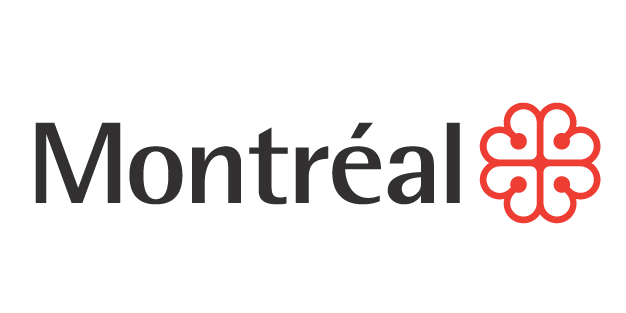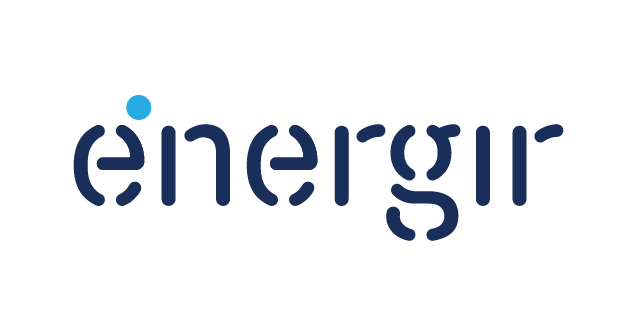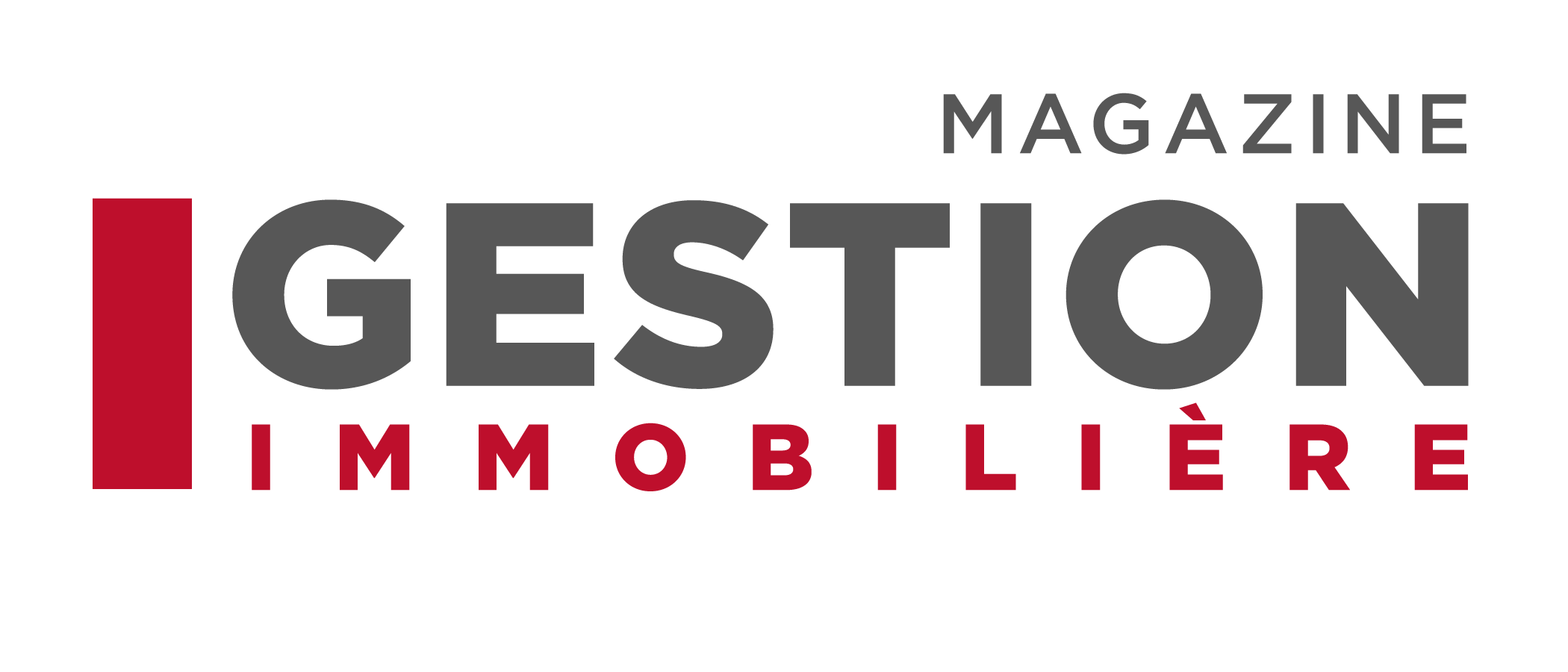The Office of Energy Efficiency at Natural Resources Canada (NRCan) is calling for proposals as it facilitates the development of a national framework for existing building commissioning (EBCx) programs. Thanks to low or no-cost improvements, EBCx programs provide building managers and users with substantial benefits (better performance, energy savings, lower operating and tenancy costs, increased staff capabilities and expertise, etc.). EBCx remains, however, an underused practice in Canadian commercial and institutional buildings. The purpose of the national framework is to encourage the adoption of EBCx practices in Canada.
One of the key aims is to promote awareness and understanding of the benefits of recommissioning. NRCan is thus seeking proposals from Canadian organizations to implement EBCx projects (recommissioning, retro or ongoing commissioning) for existing buildings that will help showcase the efficacy and benefits of EBCx, or provide greater insight as regards various approaches and related difficulties. These may take the form of a pilot or demonstration project, or other projects that meet the main objective of raising EBCx awareness and understanding in the Canadian building market.
Acceptance of a proposal (Contribution Agreements – CAs) for projects of this type is dependent on the pre-condition of post-project monitoring. That entails an EBCx case study (or similar project report) that can be distributed to building sector stakeholders. The project promoter will need to produce this case study (it is one of the project tasks), including relevant results, insights and testimonials.
NRCan’s ultimate goal is to create a library of EBCx case studies. That is why new project proposals will be evaluated and prioritized based on their ability to add to and complement its existing case studies. Proposals must include the following information: project location, climate zone, building type and purpose and the specific nature of EBCx being undertaken (e.g. recommissioning or ongoing commissioning of existing buildings, projects linked to a specific situation or system, etc.). The table below is provided as a reference for drafting EBCx projects that complement those already supported by NRCan. Project proposals that correspond to boxes already checked off will not be rejected forthwith, but must be accompanied by a very robust defence of why they are of interest.

Contribution agreements negotiated as part of this framework will contribute up to 40% of total eligible costs (to a maximum of $50,000), for projects commencing on or after April 1, 2020. NRCan will only reimburse eligible costs incurred between signing of the agreement and March 31, 2021. However, the project promoter may continue post-project monitoring and other case study activities into the following fiscal year, concluding by March 31, 2022.
Consulting engineering firms and their clients interested in EBCx demonstration or pilot projects in partnership with NRCan can contact [email protected] to request a project proposal form. Project proposals must include:
- name and contact info of the organization’s main representative, i.e. the person ensuring liaison with NRCan for this initiative.
- the electronic submission must be in French or English and sent to: [email protected] at the latest by 11:59 p.m. EST on Friday, February 21, 2020. Enter as the e-mail subject heading “Recommissioning Existing Buildings – Project Proposal”. All files submitted will constitute a final version.
Proposal Evaluation Process
- An NRCan committee will evaluate the project proposals.
- NRCan will have full discretion in choosing the projects selected, and reserves the right to accept or reject any or all responses to this call for proposals.
- NRCan will carry out this call for proposals in a fair and transparent manner. All submissions will be treated impartially. To that end, objective evaluation criteria have been established and will be applied equally to all applicants.
- Once the selection process has been completed, confidential negotiations will be undertaken with the candidates selected, in order to draft contribution agreements that are acceptable to all parties, under the authority of NRCan and as part of the Government of Canada’s transfer payments policy and related directives.







